Legal with Leah: New low risk retail food license for direct marketers
A new low risk license should bring consistency across Ohio in regard to nonmechanical refrigeration.
Read MoreNew resources and technology are broadening the different types of sales tools and strategies available to farmers.
The following information is provided by Nationwide, the No. 1 farm and ranch insurer in the U.S.¹
Selling farm products directly to consumers is a way for farmers and ranchers to diversify revenue.
There’s massive consumer demand for food products straight from farms and ranches.
Direct-to-consumer ag sales got popular during the COVID-19 pandemic. Now, new resources and technology are broadening the different types of sales tools and strategies available to farmers.
U.S. farmers sell more than $10 billion in food directly each year. This includes fresh produce as well as value-added ag products like meat, cheese and wine. Almost 148,000 U.S. farms and ranches sell directly to consumers.
Decades of USDA Economic Research Service research shows selling direct to consumers is also good for business in the long run. If you’re thinking about adding it to your operation, make sure risk management and business planning are on your to-do list.
“Consumers increasingly want to match a face and name with the food they buy,” said Nationwide Senior Consultant Erin Cumings. “You can create a lot of revenue. Just be aware of the risks and precautions you need to take to be successful in the long term.”
Here are four relatively new ways to sell DTC ag products:
1. Produce and meat vending machines. They’ve been popular in other countries like Japan for a while, and vending machines offer a new way to sell meat and produce directly to consumers without opening your farm or ranch to visitors. In some cases, customers can order from a self-service kiosk via a mobile device.
2. Community supported agriculture cooperatives. When pooling resources with other producers in your area in a CSA cooperative, you can offer consumers fresh produce and other products, often for a premium price. Customers typically sign up for periodic deliveries of “shares,” a set amount and variety of products.
3. “Food box” or meal kit subscription services. Especially popular with younger food consumers, food box services offer a variety of farm-fresh products. Similar to a CSA, customers sign up to receive a specific amount and type of products in a weekly or monthly shipment. Whereas CSAs are more local, many food box subscription services are regional or national.
4. Websites/social media. In some cases, you can market farm-fresh produce or meat from your farm or ranch’s website or social media presence. It’s also a great way for your customers to interact with you. Some platforms have built-in sales tools. There are also companies that offer paid services to create online points of sale and build sales websites.
There are risks inherent to any DTC sale, whether your customers are coming onto your farm or not. It’s hugely important to make sure you’re not creating liability for yourself and your farm or ranch. Nationwide’s network of Farm Certified agents includes many who have experience in DTC sales and help you through the process.
“There are personal liability and food safety concerns to think about,” Cumings said. “We have a network of agents who have a lot of farm experience with direct-to-consumer scenarios. They’re in your corner to understand your insurance options.”
Talk to your Nationwide Farm Certified agent to make sure your risk management bases are covered.
Visit AgInsightCenter.com for resources and expert tips on trending topics to help you run a successful business and maintain the safety of your operation.
[1] *A.M. Best Market Share Report 2022. Nationwide, the Nationwide N and Eagle, and Nationwide is on your side are service marks of Nationwide Mutual Insurance Company. © 2023 Nationwide.
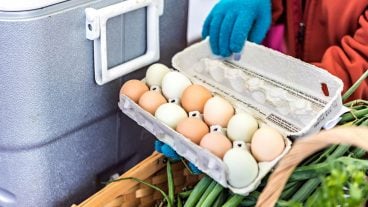
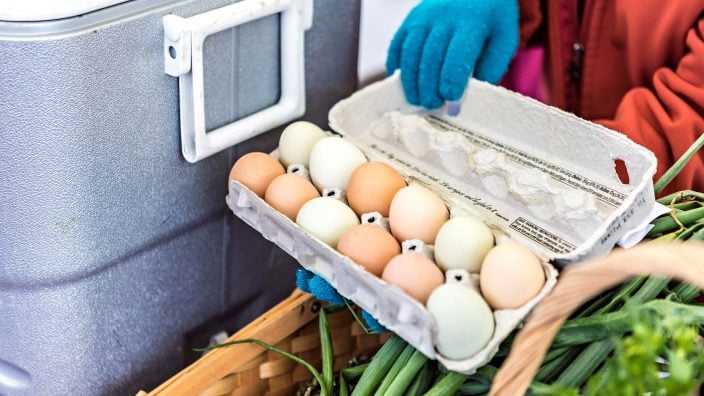
A new low risk license should bring consistency across Ohio in regard to nonmechanical refrigeration.
Read More

Emily Buchanan and Sam Ginn have restored a Clinton County restaurant it to its original restaurant roots, but also added a general store element to showcase local producers and their products.
Read More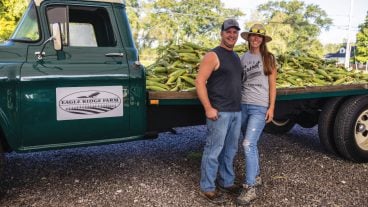
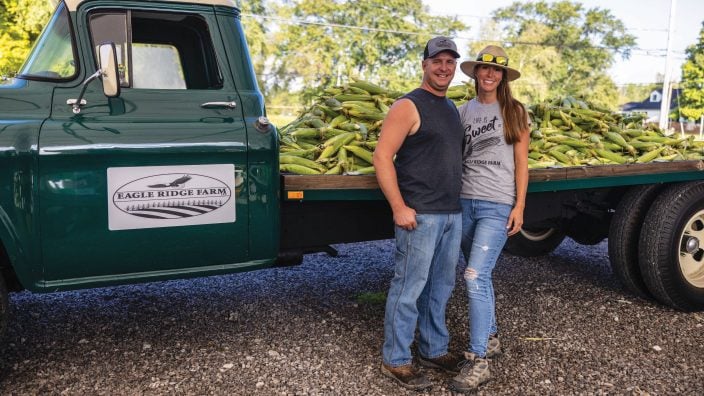
An impeccable crew, a sweet corn hotline, corn dog Maizey and meeting customers at the farm add up to success at Eagle Ridge Farm.
Read More

The Small-Scale Food Business Guide covers federal and state regulations for selling food products such as raw meat, dairy, eggs, baked goods, cottage foods, fruits and vegetables, honey and more.
Read More

Krysti Morrow is finding success promoting Rocky Knob Farm through regular emails, lively blogs on the farm website and forays onto Facebook and Instagram.
Read More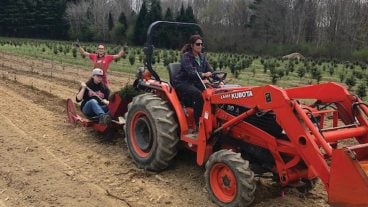
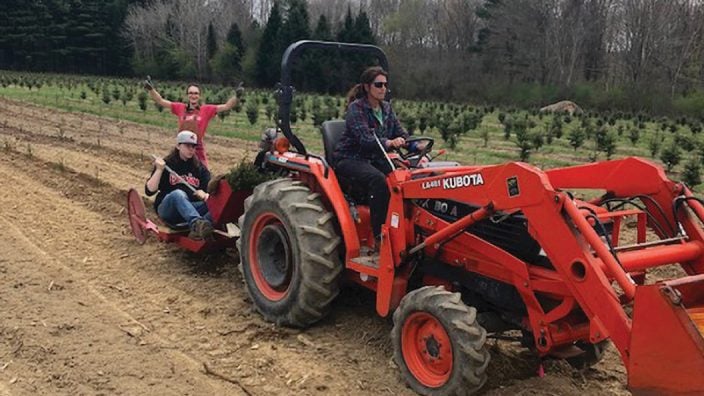
Social media has turned direct marketing upside down. Still, no matter what you are producing, it all begins and ends with having a good product to market.
Read More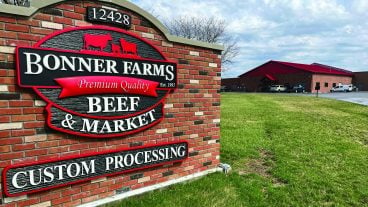
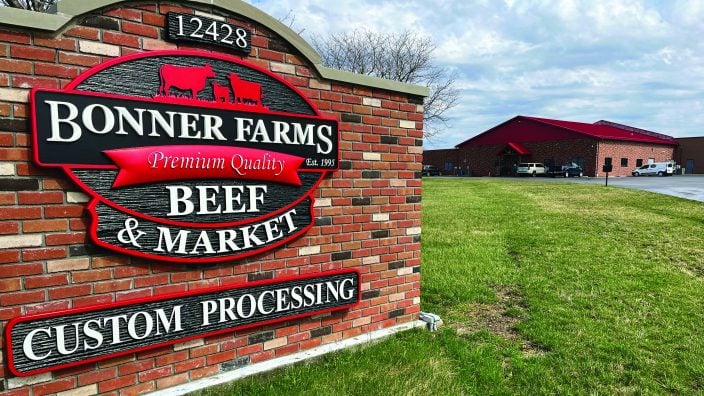
To fill consumer demand, Richard and Rae Lynn Bonner have expanded their family farm by opening a meat shop and building a processing facility.
Read More

Created in 1993, Ohio Proud is the Ohio Department of Agriculture’s marketing program that identifies and promotes food and agriculture made in Ohio and grown in Ohio.
Read More
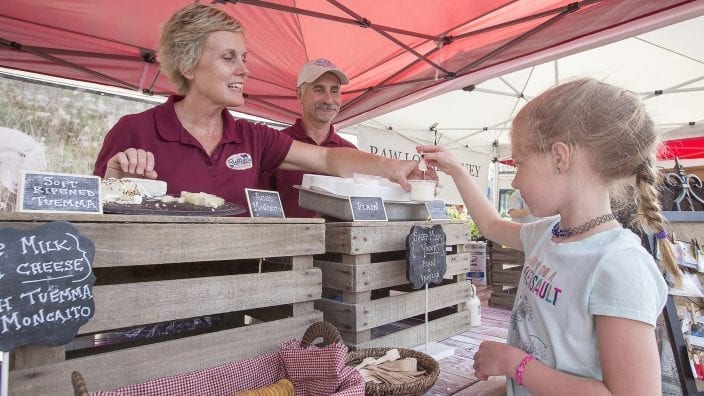
New resources and technology are broadening the different types of sales tools and strategies available to farmers.
Read More